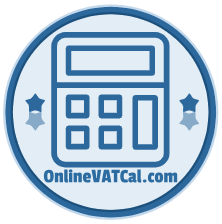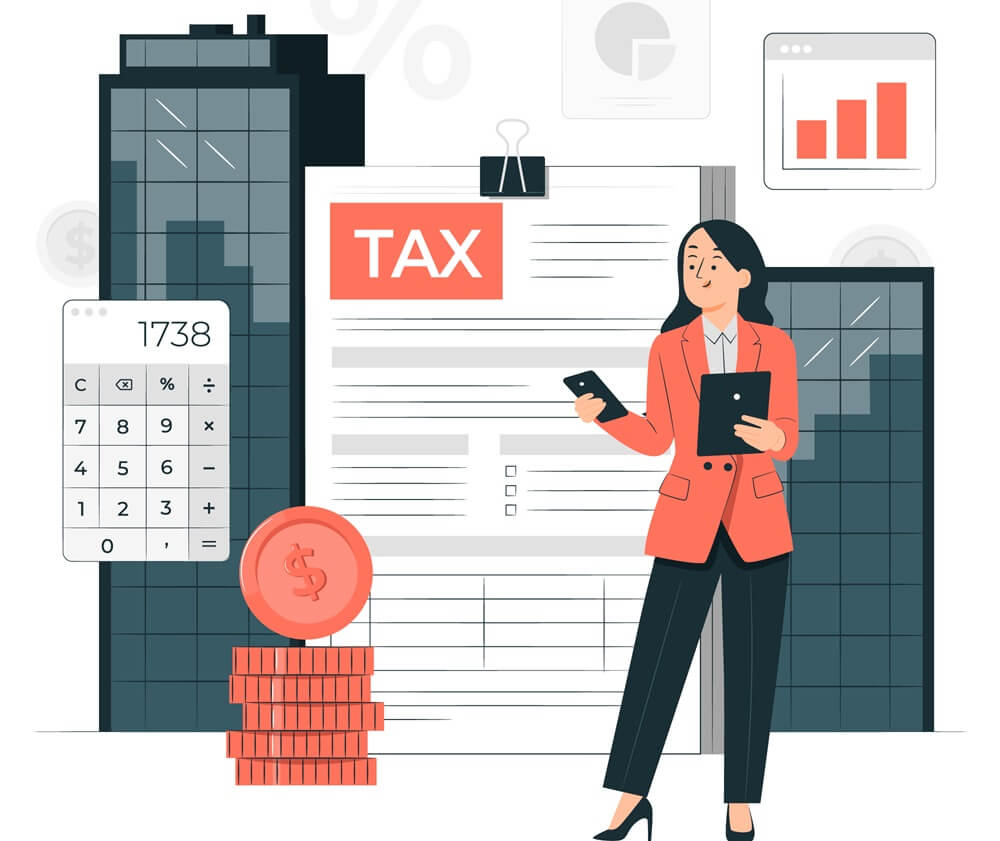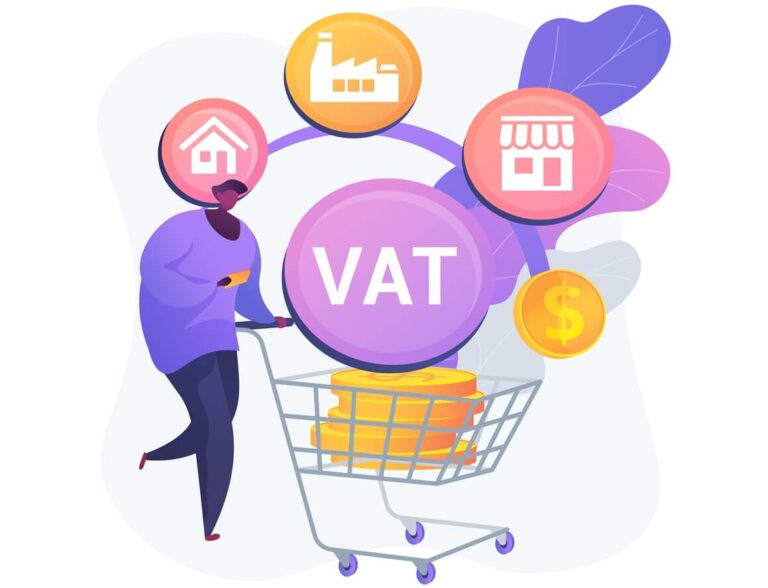Voluntary VAT Registration: When and Why a Small Business Below the Threshold Would Register
Value Added Tax (VAT) is a tax on the consumption of goods and services in the UK. It is collected by VAT-registered businesses at each stage of the supply chain. There are two VAT thresholds – the compulsory registration threshold and the voluntary registration threshold. Businesses with taxable turnover above the compulsory threshold (currently £85,000) must register for VAT. Businesses with turnover below this can voluntarily register if annual turnover is more than £1,000.
This article will examine the voluntary VAT registration scheme, discussing when and why a small business below the compulsory threshold may choose to register. It outlines the benefits and downsides of voluntary registration, as well as steps for registering and complying. Key reasons for registering, such as improving credibility, reclaiming input tax, and preparing for growth are explored. The aim is to provide small business owners with comprehensive guidance on making an informed decision about voluntary VAT registration.
Table of Contents
Overcoming the Myths of Voluntary Registration
There are some common myths and misconceptions about voluntary VAT registration. Many small businesses assume registering below the compulsory VAT threshold is not worthwhile. However, this is not necessarily the case. Voluntary registration can be beneficial for some small businesses depending on individual circumstances and strategic goals.
Some key myths include:
- Myth 1 – There is no benefit to registering below the compulsory threshold. In fact, there are some major benefits explored later in this article.
- Myth 2 – It is not worthwhile until turnover approaches £85,000. Voluntary registration can help businesses well below this threshold.
- Myth 3 – It overcomplicates accounting and administration. With the right software and accountant, the additional work is manageable.
- Myth 4 – Customers will be deterred by VAT added on to prices. Research shows VAT registration generally boosts perceived credibility.
When Should a Small Business Consider Voluntary VAT Registration?
So when exactly should a small business with turnover under £85,000 per year consider voluntary registration? Here are some of the key scenarios:
- The business makes significant zero-rated or exempt sales e.g. exports, food, books etc. Registration would allow reclaiming input VAT on costs.
- The business plans to grow significantly in the next 1-2 years toward the compulsory threshold. Registering early allows time to adjust.
- The business regularly incurs VAT on expenses and wants to reclaim this input tax.
- The business wants to appear larger and more credible to customers and suppliers. VAT registration signals this.
- The business frequently deals with VAT registered suppliers and submission of VAT returns would simplify administration.
- The business wants to trade and deal seamlessly with other VAT registered companies. Registration facilitates this.
- The business owner simply wants better clarity and control over their VAT position. Voluntary registration provides this.
Conversely, voluntary registration may not be recommended if:
- Turnover is very low (under £10k) and VAT rules would be overly burdensome for the business.
- There is minimal input VAT to reclaim.
- The business makes solely B2C sales with customers likely to object to VAT added onto prices.
- The business operates significant VAT exempt activities like education, health, finance etc.
So in summary, the decision depends on turnover, input VAT, customer profile, future plans and overall appetite for the added administrative requirements.
The Main Benefits of Voluntary VAT Registration
The key benefits that voluntary VAT registration can provide small businesses are:
Reclaiming Input VAT
Arguably the biggest incentive is recouping input VAT paid on expenses and supplies. This can be a major cost saving. Input VAT on overhead costs like utilities, stationery, equipment, hardware etc can be deducted. For businesses purchasing expensive equipment, machinery and tools in particular, the savings may be substantial.
Reclaiming VAT on vehicle costs is another big benefit. Purchase, fuel, insurance, maintenance and lease costs become VAT reclaimable. For businesses running multiple company cars and vans, this reclaimed VAT quickly adds up.
Improved Credibility and Professional Image
Displaying a VAT number and adding VAT onto sales invoices improves credibility. It signals the business is VAT compliant and implies a larger, more established company to customers and suppliers. This can help create preference over non-VAT registered competitors in some sectors.
Research by Handelsbanken in 2012 found 65% of small businesses reported VAT registration gave them a more credible image. It also put them on a more even footing when dealing with VAT registered suppliers and contractors.
Preparing for Growth
Voluntarily registering for VAT as turnover approaches £85,000 gives a business time to adapt and prepare for compulsory registration further down the line. There is likely to be a sharp rise in administration and accounting needs once turnover hits the compulsory threshold. Registering early creates a lead-in period to have all the necessary systems and processes in place.
It also avoids suddenly having to implement VAT compliant invoicing, record keeping and returns when already at the very busy turnover level of £85,000. Starting the transition with a lead-in period can ensure compliance is in place before hitting compulsory registration levels.
Smoother Trade With Other VAT Registered Businesses
Being VAT registered facilitates smoother trade with other VAT registered businesses. Registered suppliers often prefer to deal with other registered businesses so VAT can be reclaimed on transactions between them. Voluntary registration opens up these B2B trading benefits.
Complying With Government Tender Requirements
An increasing number of government tenders and contracts require suppliers to be VAT registered, even if below the compulsory threshold. Voluntary registration ensures small businesses can compete for public sector tenders. It also shows financial diligence and transparency to local and central government buyers.
Preparing For Making Tax Digital (MTD)
The new Making Tax Digital (MTD) scheme requires all VAT registered businesses to keep digital records and submit VAT returns using MTD compatible software. Voluntarily registering early allows businesses to implement digital accounting systems in preparation for MTD ahead of time. This avoids suddenly having to transition to MTD when passing the compulsory threshold.
Planning For Capital Assets Disposal
Selling capital assets like land, property and goodwill is VAT exempt for unregistered businesses. But for VAT registered businesses it counts as a taxable supply. By voluntarily registering, businesses can plan to spread out major capital asset sales over a period of time. This takes full advantage of annual VAT registration thresholds to minimize the VAT charged.
When weighing up voluntary registration, it is important to assess if the savings from reclaiming input VAT on expenses will exceed the additional administrative costs of registering. Support from an accountant can help analyze if registration will be financially beneficial or not. The other credibility and operational benefits should also factor into the decision.
Potential Downsides of Voluntary VAT Registration
While there are certainly benefits, businesses should also be aware of the key downsides and obligations that come with voluntary VAT registration:
Increased Administration
Complying with VAT does bring increased form-filling and administration. More records need to be kept and VAT returns completed, usually quarterly. For very small businesses already struggling with admin, this may tip the scales. It is advisable to outsource VAT administration to an accountant if in-house resources are limited.
Customer Perception Issues
Adding 20% VAT onto prices can deter some customers, especially C2C consumers. Research suggests B2B customers are less price sensitive as they can reclaim VAT, but consumer reaction varies. Retailers need to communicate VAT inclusive pricing clearly to minimize customer objections.
Restrictions on VAT Exempt Goods and Services
When registered, businesses trading significantly in VAT exempt goods or services can no longer deduct input tax on all purchases. Exempt activities like education, health, finance, insurance etc do not allow input VAT recovery.
Lock-In Periods
There is generally a 2 year lock-in period when newly registering, preventing deregistration during this time. This ensures businesses do not register briefly just to reclaim VAT on large one-off purchases. It’s advisable to ensure registration will be beneficial long-term, not just for isolated capital expenditures.
Less Control Over VAT Liability
When turnover creeps above £85,000, voluntarily registered businesses must stay VAT registered. There is no option to deregister and stay under the compulsory threshold. Control over VAT registration status is surrendered.
To summarize, the main downsides are increased admin, customer objections, exempt supply restrictions, lock-in clauses, and reduced control over registration status. Weighing up advantages against disadvantages will indicate if registering voluntarily makes sense. Expert advice should be sought if unsure.
Who Can Register Voluntarily?
The eligibility criteria to register voluntarily for VAT are:
- The business must be located in the UK
- Annual turnover must exceed the voluntary registration threshold of £1,000
- The business activity must be VAT taxable – VAT exempt activities do not require registration
- The business must keep accurate accounting records
- Only the entity making the taxable supplies can register – holding companies cannot register for VAT unless they directly invoice customers
- Non-resident UK businesses trading in the UK can register if annual turnover exceeds £85,000
- UK branches of overseas companies can register separately from their parent company
Businesses cannot register voluntarily if turnover is below £1







